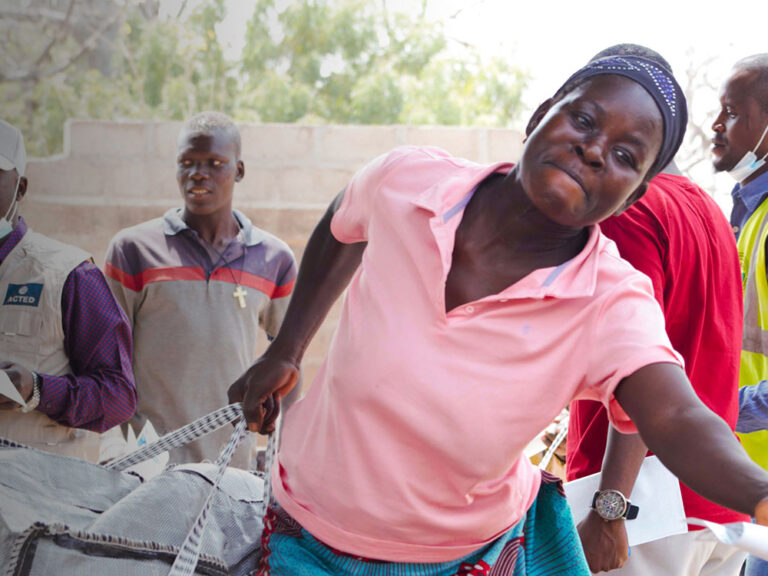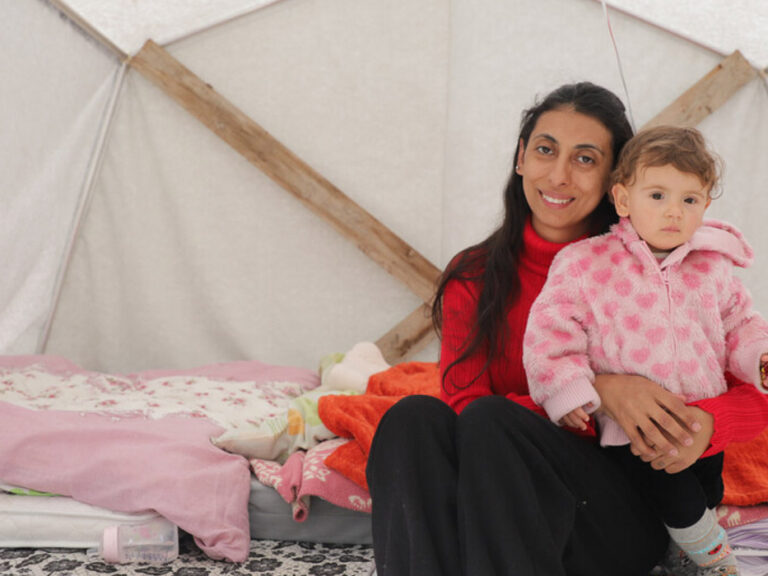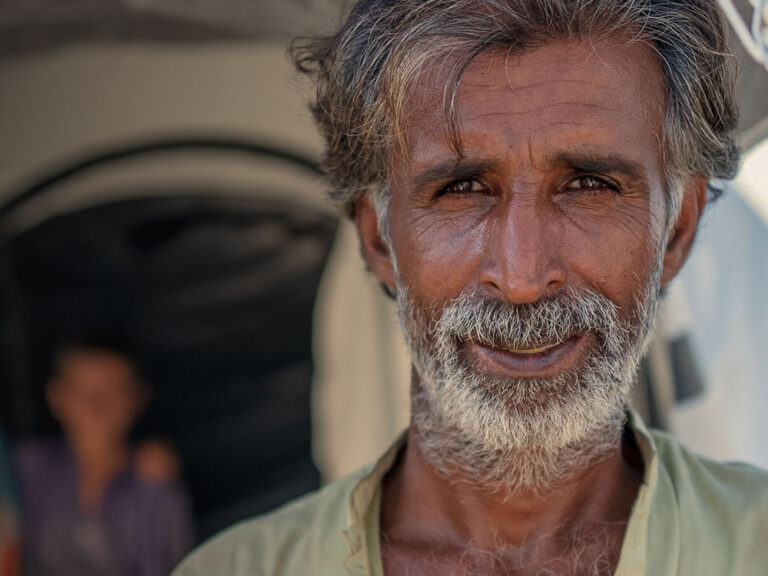What challenges do people face?
ShelterBox believes that no one should be without shelter after disaster.
However, increasing numbers of people around the world are being forced from their homes by disaster and conflict. As such we work to provide emergency shelter to the people who need it most.
Severe weather events such as floods, droughts, and storms can cause thousands of people to have to leave their homes. And as the climate crisis worsens, such weather events are becoming more severe.
Seismic events such as earthquakes and volcanoes can also impact millions of people. And violent conflict displaces those caught up in the chaos as people try to escape to a place of safety.
Below are the details of where we are currently working, with links to pages sharing more information about the disasters we are responding to and the people we are supporting. You can also explore our past responses here.
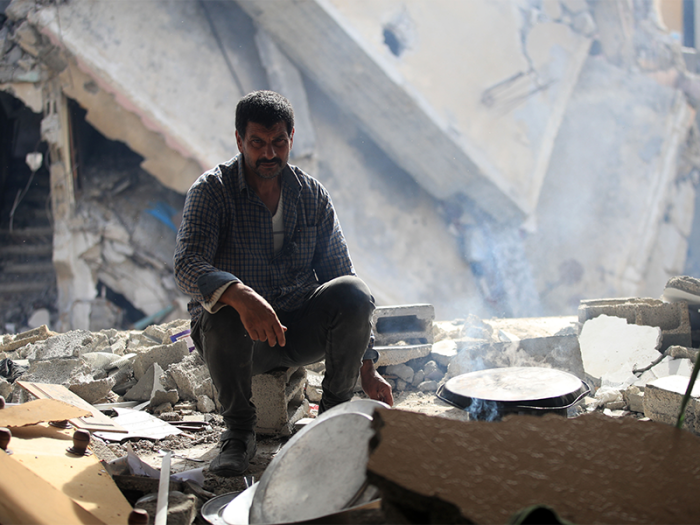

Gaza
ShelterBox is responding to provide emergency shelter and other essential items for people left with nowhere to live.
Almost 1.9 million people – more than 85% of the population in Gaza – have been displaced across the Gaza Strip since 7 October. Together with our partner MAP, we’ll be sourcing items in Egypt and Türkiye. The situation is complex, but our aid will reach people via the Rafah border crossing between Egypt and Gaza.
Learn more
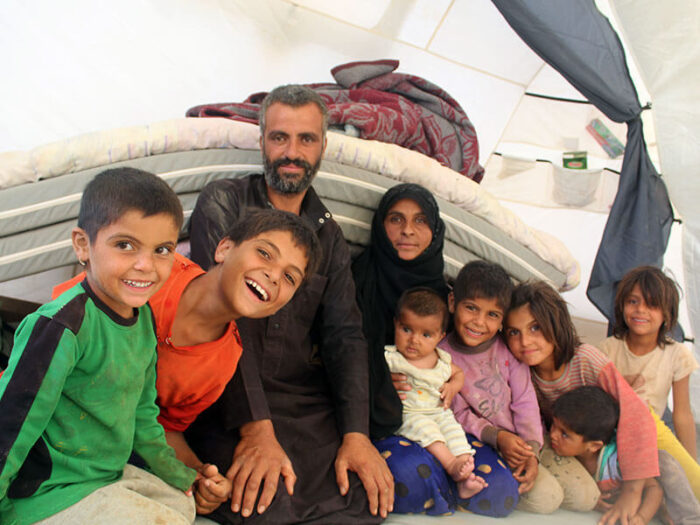
Syria
In Syria the need for humanitarian support is greater than ever. People are facing violent conflict, financial crisis and extreme weather.
We’ve been supporting families affected by the war in Syria since 2012.
Right now, we’re providing essential aid items to get people through the tough winter months. Working with our partners ReliefAid and Bahar Organisation, we’ll be supporting 4,000 families in the Northeast and Northwest with winterisation items such as baby grows, coats, mattresses, tent bases and other essential aid items.
Learn more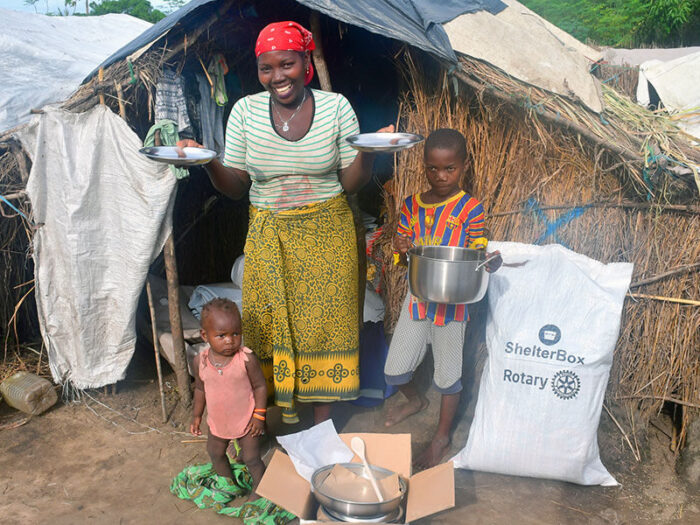

Mozambique
The conflict in northern Mozambique is driving one of the world’s fastest-growing displacement crises.
Since October 2017, an extremist group has been launching violent attacks on civilians in the northern province of Cabo Delgado.
With help from our partner CARE Mozambique, we are supporting vulnerable communities with shelter kits, solar lights, kitchen sets, sleeping mats, and mosquito nets.
Learn more
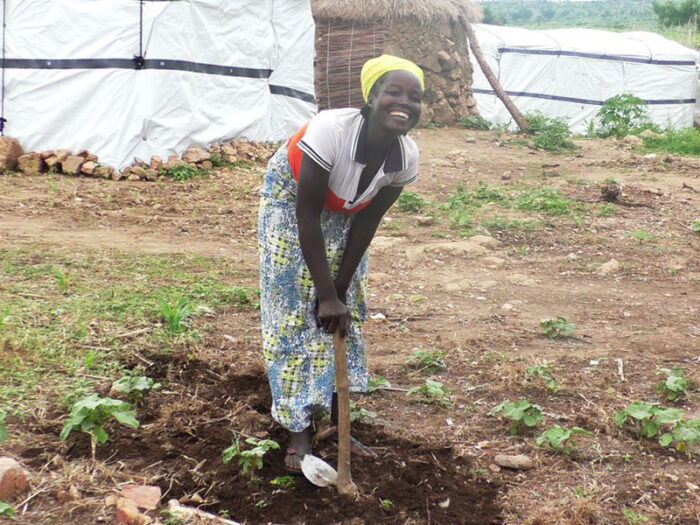
Cameroon
Since 2009, Boko Haram has been waging an insurgency in Nigeria, Niger, Chad and Cameroon.
Around 9.7 million people are now in need of urgent humanitarian aid in the Lake Chad region.
In Cameroon, we have supported over 18,000 families. We’re now working with our partner Public Concern to provide a range of emergency shelters and durable shelters, depending on people’s needs.
Learn more
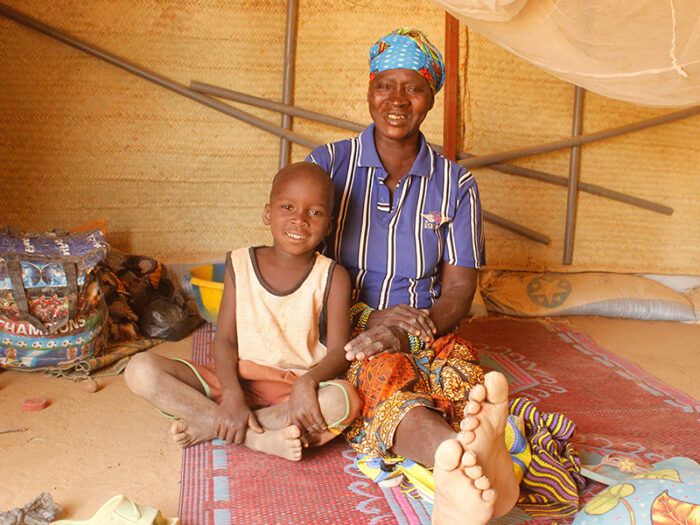
Burkina Faso
Burkina Faso is one of the fastest-growing displacement crises in Africa.
1.9 million people have been forced to flee their homes due to extremist violence. Efforts by both government forces and local militias to fight it have uprooted even more communities.
Together with our partner, HELP, we’ve supported over 4,000 families since 2020.
Recently, we have been providing aid items and emergency shelters known as Sahelian tents. These tents are constructed from locally sourced materials and offer a more durable structure for displaced families who have fled their homes to escape extremist violence.
Learn more
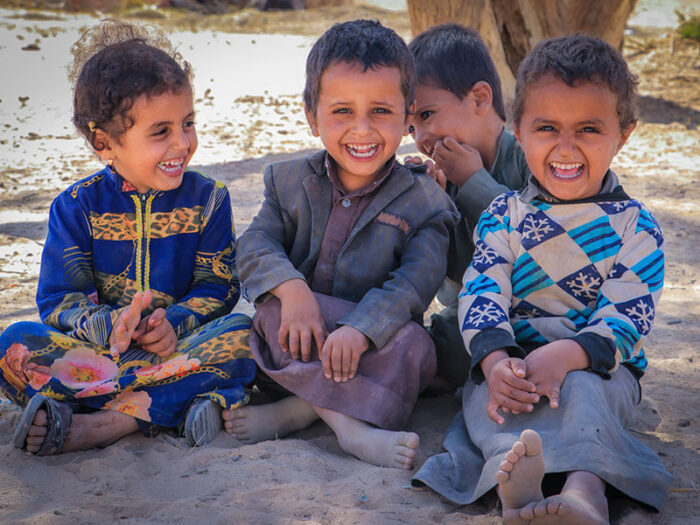
Yemen
Yemen is currently the world’s worst humanitarian crisis.
It is a result of the bitter civil war, starvation, and a failing economy.
We have partnered with BCHR (Benevolence Coalition for Humanitarian Relief) to support vulnerable communities as violence flares up again. Together we are providing tents, tarpaulins, water filters, soap, masks and other household items.
We have more recently been supplying iron net shelters and household items.
Learn more
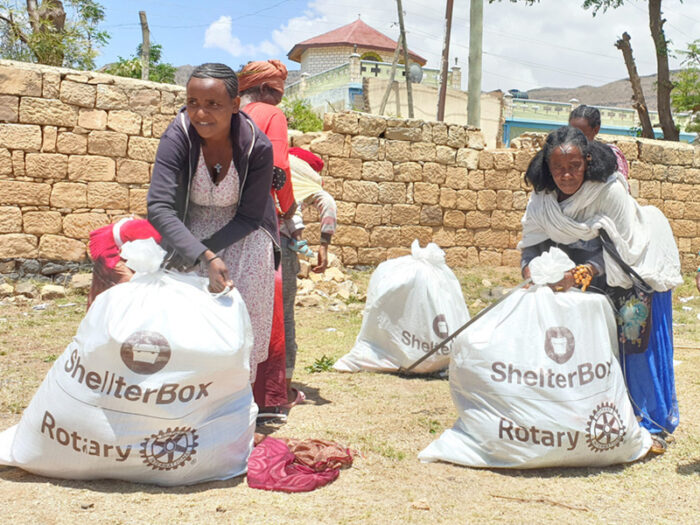
Ethiopia
Millions of people have been forced to flee their homes due to violent conflict and drought in Ethiopia.
Working with our partner IOM, we’ve supported people with items like tarpaulins, rope, blankets, sleeping mats, mosquito nets, water carriers and kitchen sets.
We have supported a total of 22,000 people in the Afar and Somali regions in the last year. Aid distributions are now complete.
Learn more
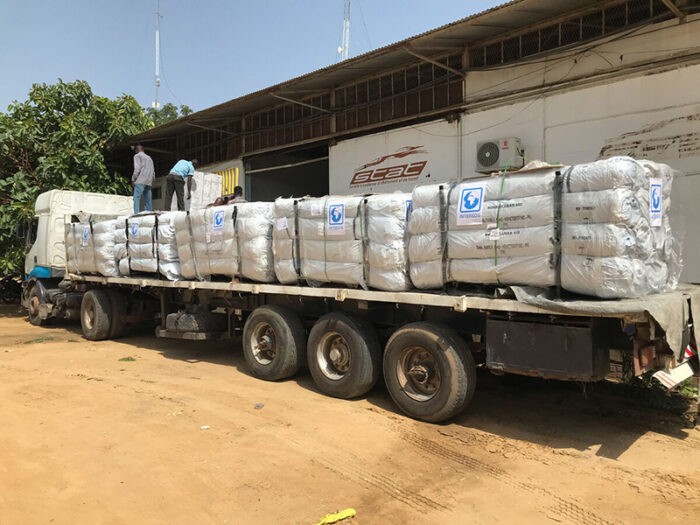
Chad
Thousands of people fleeing violence in Sudan are arriving in Chad.
Working with our partner INTERSOS Tchad we are supplying people with emergency shelter, as well as providing essential items including solar lights, mosquito nets, blankets, sleeping mats, and kitchen sets.
The first emergency shelters are now being assembled.
Learn more
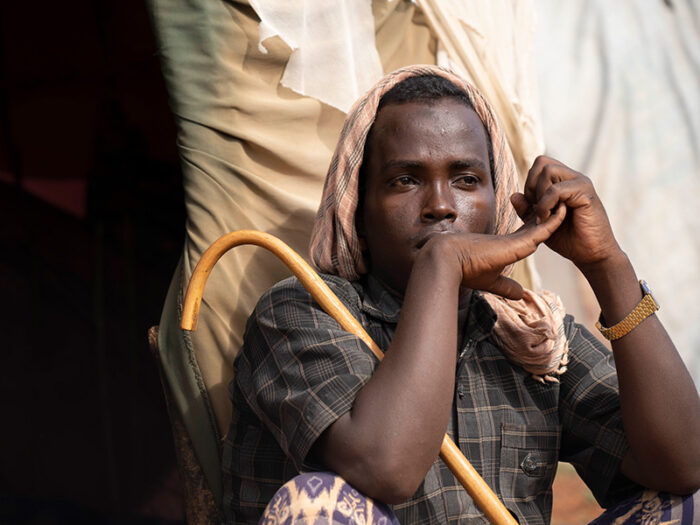
Somalia
Due to drought and violence, hundreds of thousands of people have fled their homes in Somalia, searching for food, water and health services.
We’re working with the Juba Foundation to provide training and materials for the construction of locally appropriate shelters, as well as supplying essential items such as solar lights, water filters and mosquito nets.
Learn more
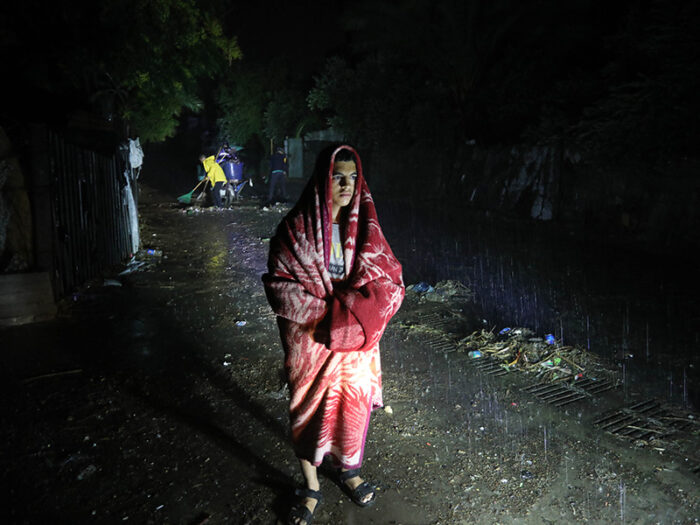

Libya
On 10th September 2023 Storm Daniel brought flooding to the north east coast of Libya. The city of Derna was particularly badly affected after two dams burst, releasing a torrent of water.
We’re partnering with ACTED to support people who have lost their homes and belongings to flood water, with a focus on items that will help keep families warm.
Learn more
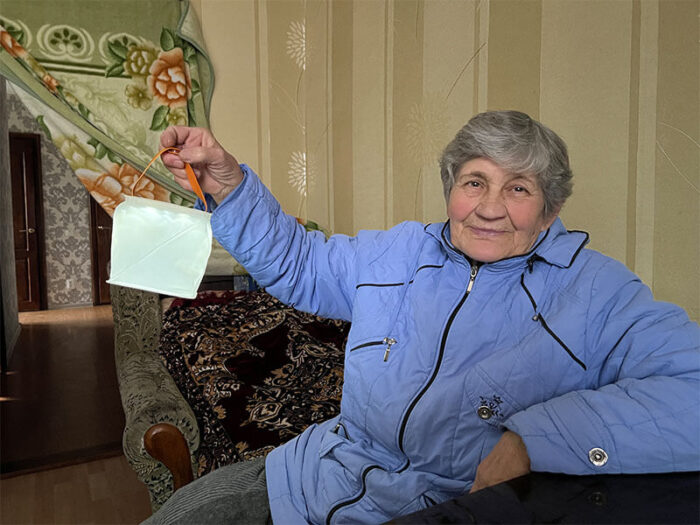

Ukraine
We are responding to the Ukraine crisis, helping more than 120,000 people affected by the war in Ukraine so far. We’ve supported people displaced within Ukraine, as well as refugees who crossed the border into Moldova.
With our attention now firmly on supporting people through the bitter winter months, we’ll be reaching around more people with essential items to help them survive.
People are living in damaged homes without heating or lighting. That’s why we’re providing thermal clothing, solar lights, water carriers and stoves with our partner, NNLPD.
We also worked with ReliefAid and Green Chernobyl to provide emergency shelter repair kits. These help people fix damaged roofs, seal windows and doors, keep the heat in and make homes watertight.
Learn more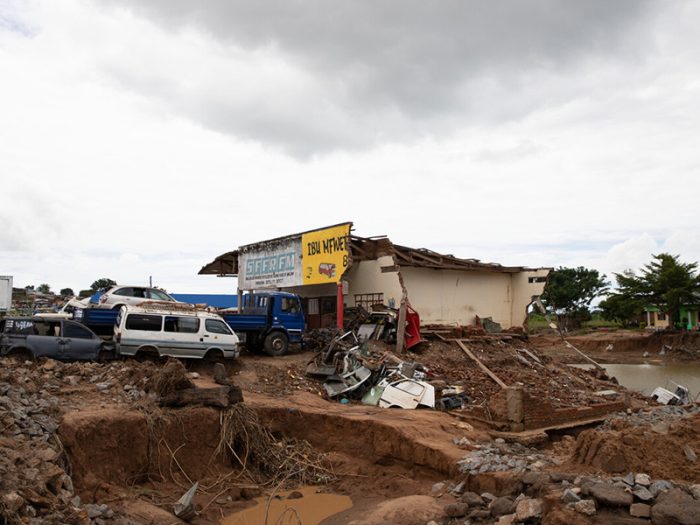
Malawi
Heavy rainfall in early 2024 has caused severe flooding in central Malawi. As a result thousands of people have been forced from their homes.
Families have been forced to find shelter elsewhere. Some are staying in schools, community centres or with host families. Thousands more are seeking shelter in displacement camps. With other families already living in displacement camps after Cyclone Freddy in 2023, there is a shortage of tents, tarpaulins and household items.
We are responding to the flooding; working with people who have been affected by the flooding, and our partner CARE Malawi. We will be using aid already in Malawi after Cyclone Freddy.
Learn more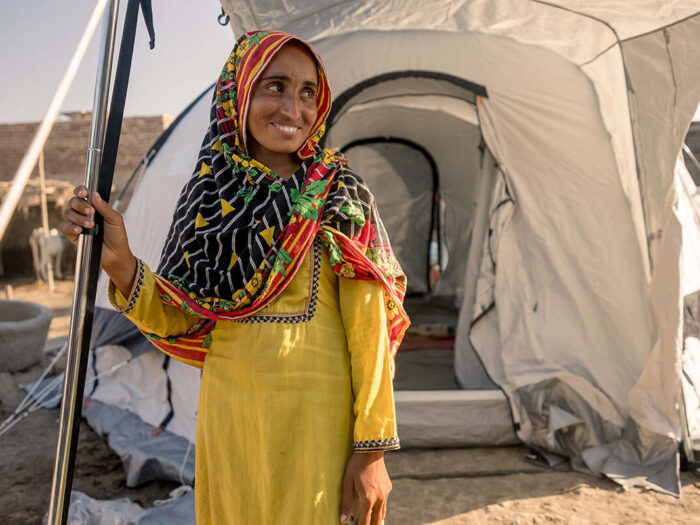
Pakistan
Severe monsoon flooding in Pakistan has left thousands of people with nowhere to live. The disaster has affected more than 33 million people and around 1 million houses have been damaged or destroyed.
We have partnered with Islamic Relief Pakistan to support thousands of people left with nowhere to live.
Aid includes tents, water filters and carriers, mosquito nets, solar lights and cash assistance.
Learn more about the situation in Pakistan and see how you can help.
Learn more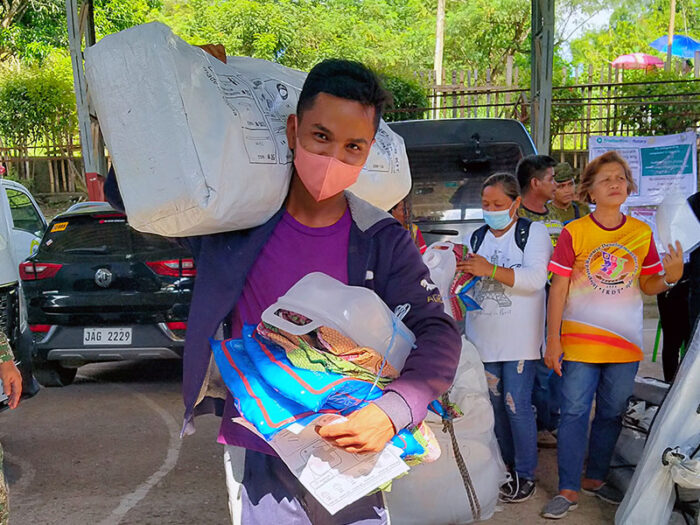
Past responses
Since ShelterBox was founded back in 2000, we have responded to disasters and conflicts around the world.
Learn more about our previous responses – where we worked, the disaster or conflict that forced people from their homes, and the people we supported.
Learn more
